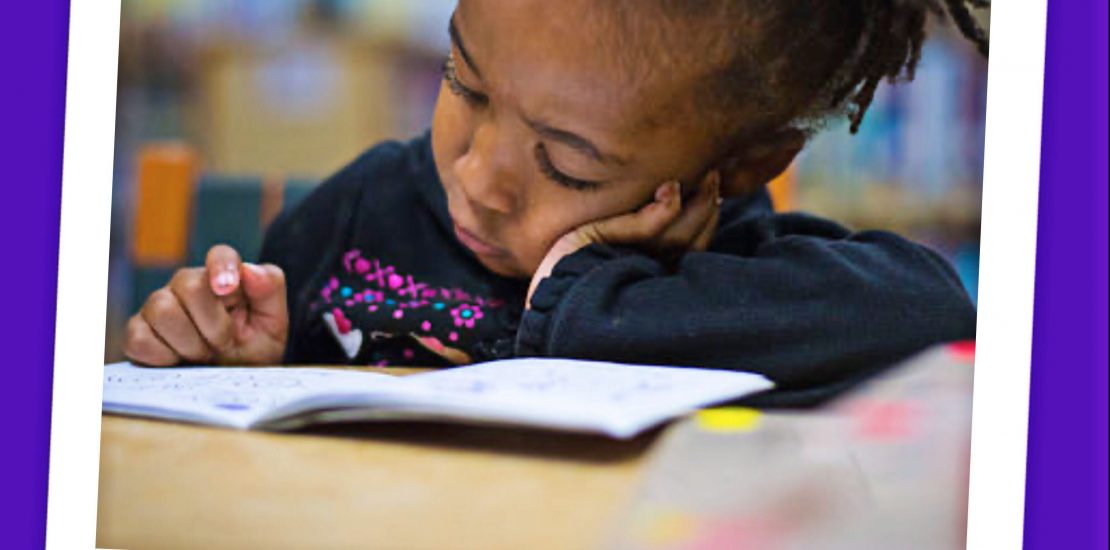- 3 November, 2022
- Posted by: Anisah Mustapha
- Categories: CriArt Skill Academy, Neurodivergence

Hyperlexia is a child’s ability to read at an age they are not expected to. Hyperlexia can affect children as young as 2 years and above. Children with hyperlexia seem to have a keen interest in letters and numbers and are able to read words at a level above their expected skill level with respect to their age and/or education. When children really young start to show signs of hyperlexia, they may come off as being gifted, even though this is not usually the case. Although they are able to read these words, they are often unable to understand what they are reading in a way that allows for real-life application. Children with hyperlexia may find it more difficult to understand things than the average person does.
Although hyperlexia is often difficult to identify and usually requires an expert to diagnose, it helps if parents know what to look out for. A parent/caregiver can be a powerful voice to help advocate for a child’s needs and required support as appropriate. Some of the signs of hyperlexia include the following.
Hyperlexic children often show other signs of developmental delays such as being unable to communicate like kids their age. They may also show more difficulty while figuring things like puzzles and games out on their own. They may be slower in learning other things than their peers, they usually require much more attention put into teaching them things that do not follow the natural logic that language does. Books are a favorite item for them as they will happily read anything that crosses their path whether or not it makes a lot of sense to them
Hyperlexia is also strongly linked with autism. A scientific study showed that almost 84 percent of tested hyperlexic children are also on the autism spectrum. On the other hand, only about 6 to 14 percent of tested autistic children are estimated to also be hyperlexic.
Managing hyperlexia differs from child to child because every child is different. Parents or guardians of hyperlexic children are advised to pay close attention to the child’s emotional, mental, and social needs. Therapy sessions with a child psychologist and occupational therapist might also help. Talking with a pediatrician about what’s best for your child is a good place to start.
On a side note, not all children who can read at a very young age have hyperlexia or autism. Seek professional help and don’t jump to conclusions.


